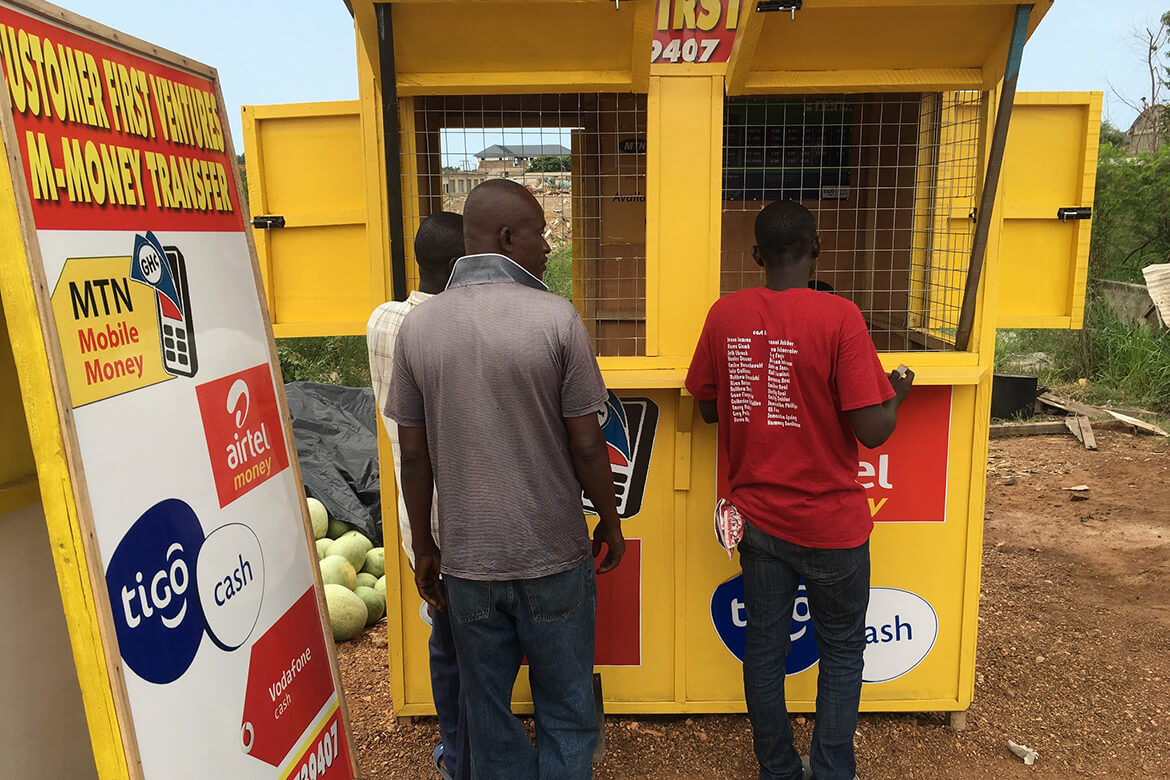It has become clear that both cyber crimes and allied technology risks associated with mobile money marketing in developing economies are becoming unbearable for agents who serve as interface with customers directly.
However, whereas the Central Bank of Nigeria (CBN) is currently redesigning the regulations to beat surging cyber crimes and technology risks, in Ghana, the Mobile Money Agents Association of Ghana (MMAAG) is asking their respective telecommunication companies on the mobile money platform to insure them.
In a recent conference, the executive members of MMAAG, said the mobile money business was a risky one and therefore the need for the formulation and implementation of an insurance policy to cushion merchants.
The agents were of the opinion that the upsurge of armed robbery attacks on merchants had put fear into majority of their 95,000 members across the country as there were no protection for their lives and operations.
Business Hilights recalls that in Nigeria, about 500,000 mobile money agents have been recruited to drive the marketing of the financial services even though there has been clear details on security templates upon which they will ride for safety guarantee.
But in Ghana where the agents had been in operation, the association of agents decries how their members are becoming targets of robbery and fraud.
According to them, “It was their wish to work deep into the night to enable the public have access to money during emergencies but the absence of an insurance policy to cover them was preventing most of the members from doing so”.
MMAAG however, suggested that premiums for the insurance could be shared among the telecom operators and the mobile money agents, since the operators provided the system for the transactions while they provided the cash for the business.
The association also appealed to telecoms to make available their withholding tax certificates to them after deducting the five per cent and filing with the Ghana Revenue Authority, noting that the current practice of the telecommunication companies deducting them while not showing them any proof of filing was not a best practice.









